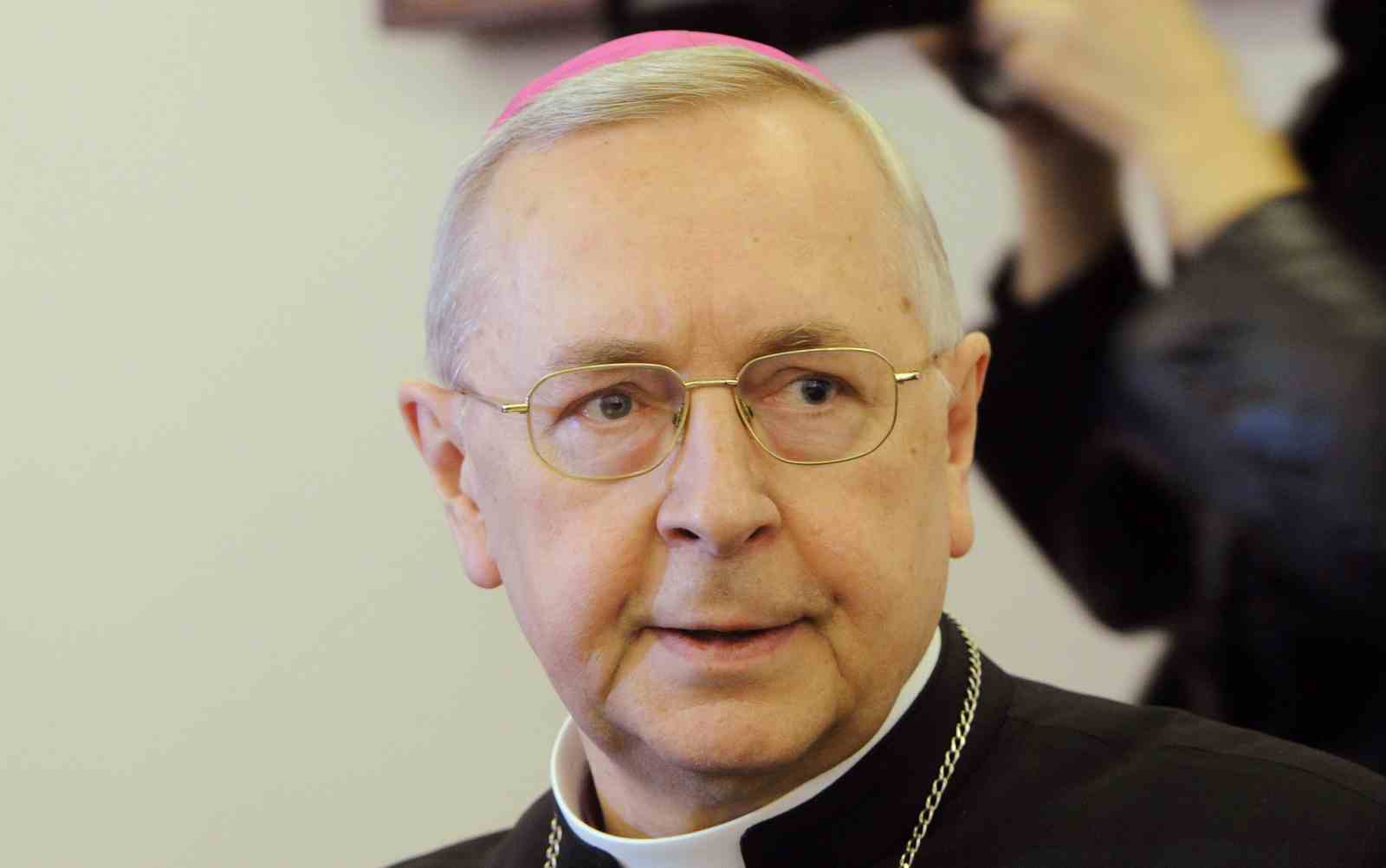
Archbishop Stanislaw Gadecki, the newly elected head of the Polish Episcopate. Photo: PAP/Grzegorz Jakubowski
Archbishop of Poznan Stanislaw Gadecki was elected to the post on Wednesday afternoon, after predecessor Archbishop Jozef Michalik completed the second of a maximum two terms.
“I am shaken in the face of this responsibility, which moves me from a diocesan level to a nationwide one,” Archbishop Gadecki told reporters following the election.
“The situation of the Catholic Church in Poland today is very delicate, but I will not lose courage,” he said.
Gadecki, who is 65, was elected from a group of 43 eligible diocesan bishops, and 95 bishops were entitled to vote.
A maximum of three rounds are allowed in the voting process, and Archbishop Gadecki gained the necessary 50 percent majority in the second round.
Commentators in the Polish press emphasised in the lead-up to the election that Archbishop Gadecki belonged neither to the circle of the conservative private station Radio Maryja, nor to the liberal faction within the Church.
He had previously served as deputy head of the Polish Episcopate, and he commented on Wednesday that if the Church does not remain faithful to tradition it will 'fall.'
Challenges
Key problems facing the Church were debated last month when about 100 Polish bishops travelled to the Vatican to take part in a so-called ad limina visit.
During the talks, the bishops told Pope Francis that the Church was receiving negative coverage in the Polish media owing to issues such as child abuse.
“In our talks we told the Holy Father that he has good media coverage in Poland, but the Polish Catholic Church is criticised,” Archbishop Stanislaw Budzik commented.
According to Archbishop Budzik, large sections of the Polish media characterise the Church in Poland as “backward and immobile” in comparison with Pope Francis's “openness.”
Historians widely concur that the Church in Poland reached a peak during the 1980s, during the first stage of the pontificate of Pope John Paul II, himself a Pole. The Pope and the Polish Church backed the Solidarity movement, but the Episcopate struggled to maintain the level of prestige that it had enjoyed in the 1980s, following the fall of the Iron Curtain.
Source: PAP, Catholic News Agency